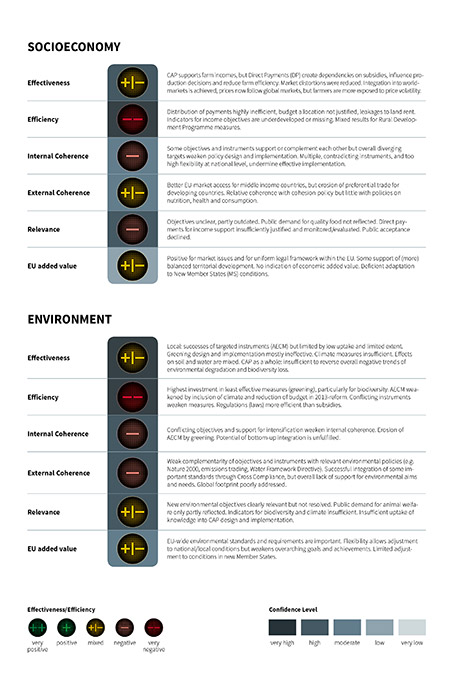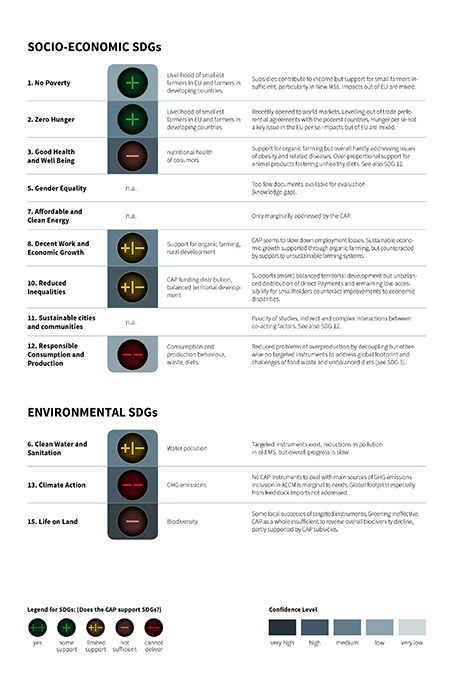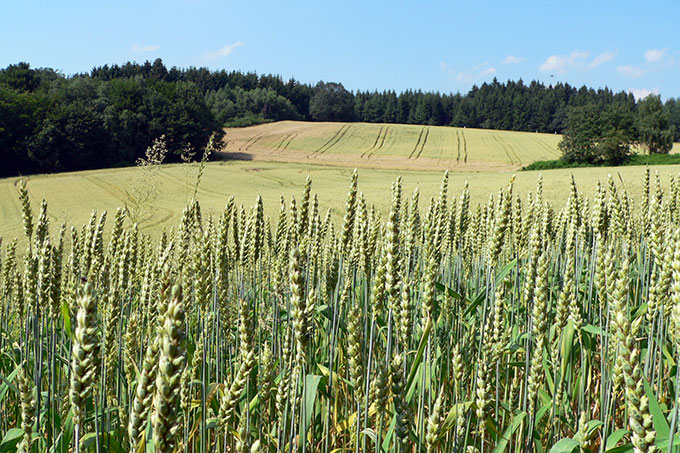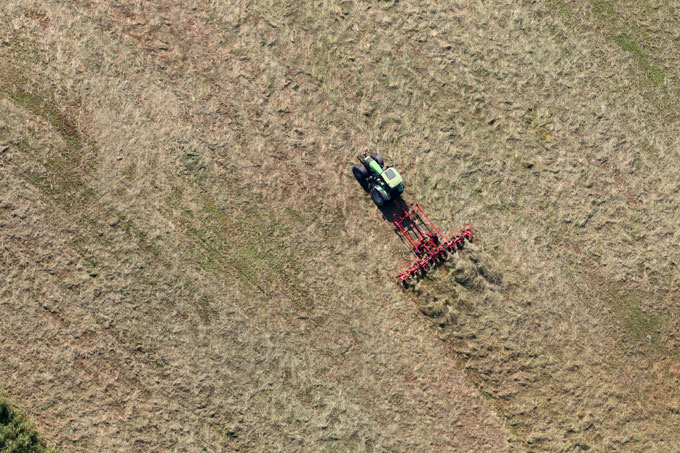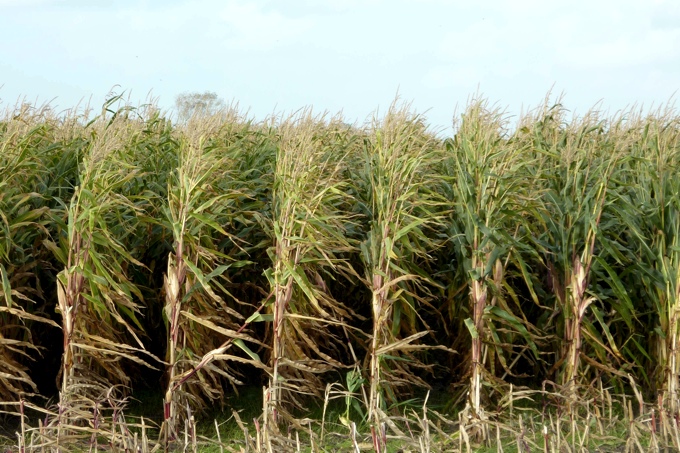Not fit for purpose
NGOs present Fitness Check of the Common Agricultural Policy (CAP)
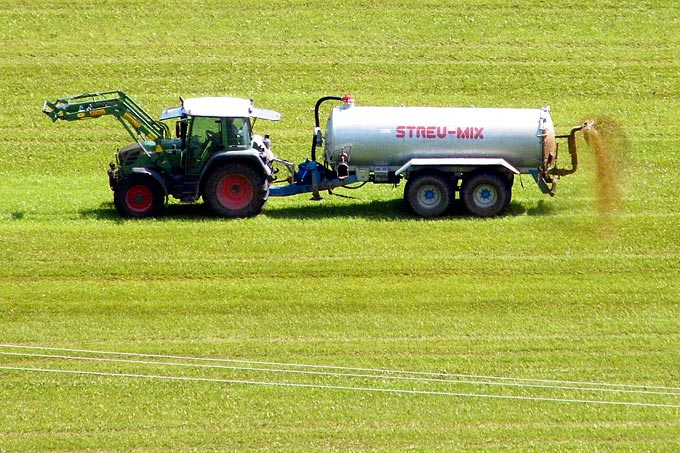
Photo: Richard Mayer (CC-BY-SA-3.0)
Zur deutschen Version dieser Seite...
A lot has changed since 1962, the year that the Common Agricultural Policy (CAP) was first introduced. While the CAP has tried to catch up with continuous changes in European food and farming through several rounds of reform, it has resoundingly failed to adapt. The Sustainable Development Goals (SDGs) remind us about the many challenges of which several are also visible in Europe.
At the same time, the European Commission has committed itself to a “Better Regulation” agenda and carries out “Fitness Checks” on many pieces of EU law. It would not be credible if a policy accounting for almost 40% of the EU budget were exempted from this exercise. Even if the Commission has just started a process to modernise and simplify the CAP, the current reform process falls short of a proper Fitness Check. Therefore, BirdLife Europe & Central Asia and the European Environmental Bureau, supported by NABU and others, have decided to get the ball rolling. A study was commissioned that closely follows the Commission’s own Fitness Check methodology: "Is the CAP fit for purpose: A rapid assessment of the evidence ".
This independent study aimed to compile evidence on the CAP’s impacts on our society, economy, and environment; assess whether the CAP fulfils its objectives; and evaluate the capacity of the CAP to contribute to meeting the UN’s Sustainable Development Goals (SDGs).
The detailed analysis of more than 450 publications has shown that the CAP is not fit for purpose from both an environmental and a socio-economic perspective. The five “fitness check” questions show poor results on efficiency and internal coherence and mixed results for effectiveness, relevance and EU added value. This is just not good enough to keep justifying the billions of Euros spent on the CAP each year. Therefore BirdLife Europe, EEB and NABU ask for a fundamental reform. This new policy must set the EU on track to deliver on the Sustainable Development Goals.
In the light of the above
We call upon the European Commission, Members of the European Parliament and Governments of EU Member States to develop the Common Agricultural Policy into a sustainable Food and Land Use Policy, to improve its effectiveness, efficiency, coherence, relevance and its EU added value – to secure Europe’s chances to achieve the global Sustainable Development Goals by 2030.
We furthermore call upon the European Commission to turn the so-far inadequate process around and use this study as the foundation for a serious impact assessment that will result in an evidence-based future policy.
Downloads
Related Content
The Common Agricultural Policy of the EU (CAP) annually distributes approximately 60 billion EUR of subsidies - most of these funds as untargeted payments per area. The CAP is inefficient and has a very bad environmental performance. A new model could help fix this – also to the benefit of many farmers. more →
Green biotechnology poses one of the most important problems for the future of nature conservation. Transgenic organisms have both an indirect as well as a direct influence, that much can be said, on biological diversity, which is one of the central protected commodities of nature conservation. more →

